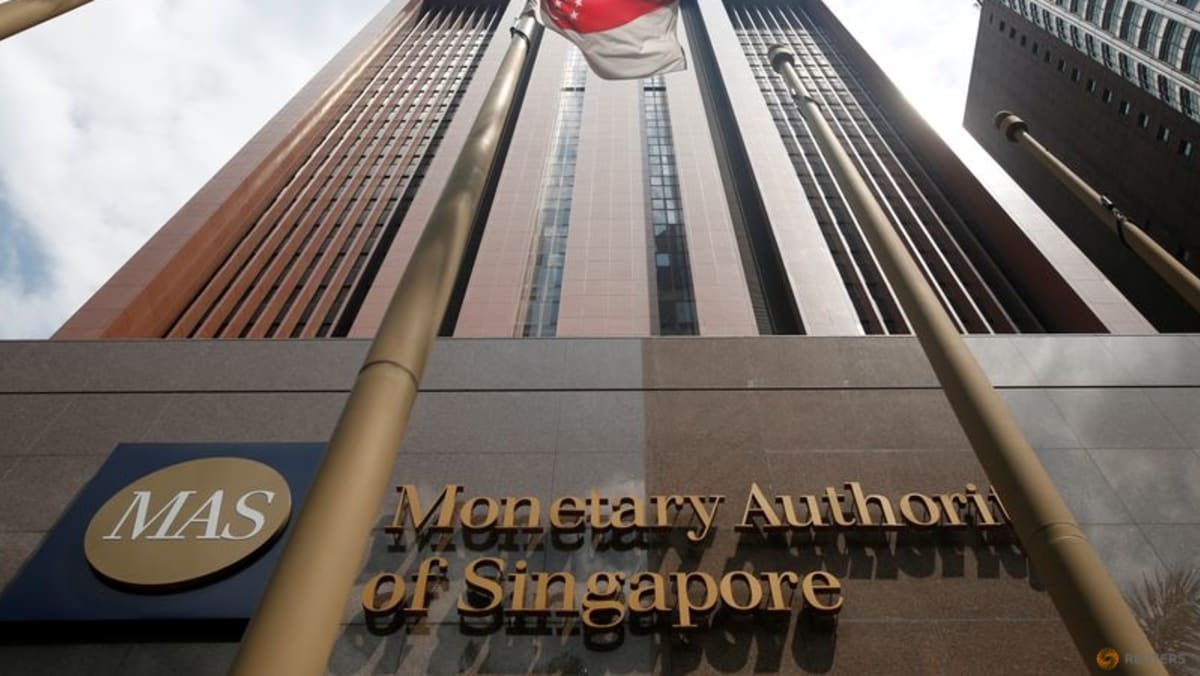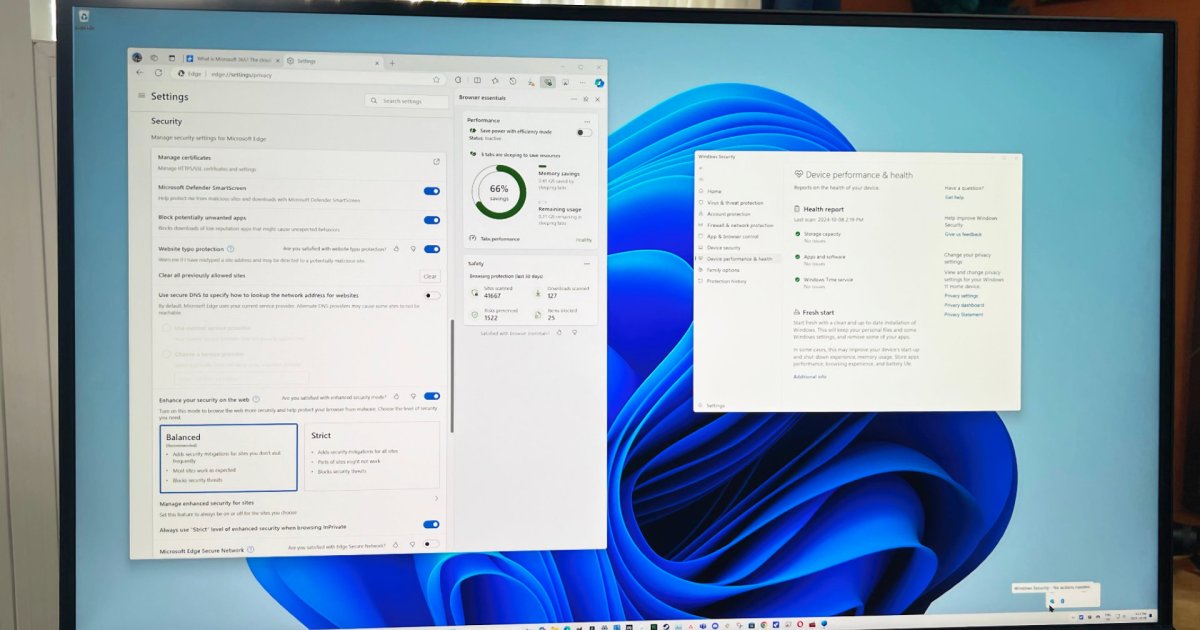But core inflation, which is a key barometer for the central bank, should decline gradually and step down by the fourth quarter before falling further next year, MAS added.
The key inflation gauge is expected to slow to an average of 2.5 to 3.5 per cent for 2024, unchanged from earlier estimates. Excluding the impact of the increase in the GST rate this year, core inflation is forecast at 1.5 to 2.5 per cent.
“Accordingly, current monetary policy settings remain appropriate,” MAS wrote in its statement.
“The sustained appreciation of the policy band will continue to dampen imported inflation and curb domestic cost pressures, thus ensuring medium-term price stability.”
However, the central bank lowered its estimates for overall inflation to a range of 2.5 to 3.5 per cent, down from the previous range of 3 to 4 per cent. This is due to declines in the certificate of entitlement (COE) premiums since November and the larger COE supply this year compared to 2023.
Excluding the effects of the increase in the GST rate, headline inflation is forecast at 1.5 to 2.5 per cent.
MAS noted that both upside and downside risks to the inflation outlook remain.
“Shocks to global food and energy prices or domestic labour costs could bring about additional inflationary pressures. However, an unexpected weakening in the global economy could induce a faster easing of cost and price pressures,” it said.
MAS added that it will closely monitor global and domestic economic developments, while remaining vigilant to inflation and growth risks.
At least two economists reckoned that MAS will keep policy settings unchanged for some time, given concerns about sticky inflation amid external geopolitical uncertainties and domestic price hikes.
“As alluded to by the MAS, ‘both upside and downside risks to the inflation outlook remain’, which is to say an unconditional shift to neutral stance that drops all hawkish refrains is unlikely in the near term,” a note from Mizuho Bank said.
ING’s senior economist Nicholas Mapa echoed that.
“Given the inflation outlook is still elevated but moderating, and with MAS opting to pause today due to concerns about the inflation path, we expect the MAS to be on hold for at least another meeting,” he said.
“However, should inflation moderate towards the second half of the year as forecast, the MAS could consider adjusting policy settings at their third or fourth meeting of the year.”
This is the first time MAS is making a scheduled monetary policy statement in January, following an announcement last year that it would shift to a quarterly schedule, from semi-annual, in 2024.
As part of the change, monetary policy will be reviewed in January, April, July and October, instead of just April and October.
Economists have said that the increased frequency in policy reviews was likely spurred by a need to remain nimble in an increasingly uncertain world.







